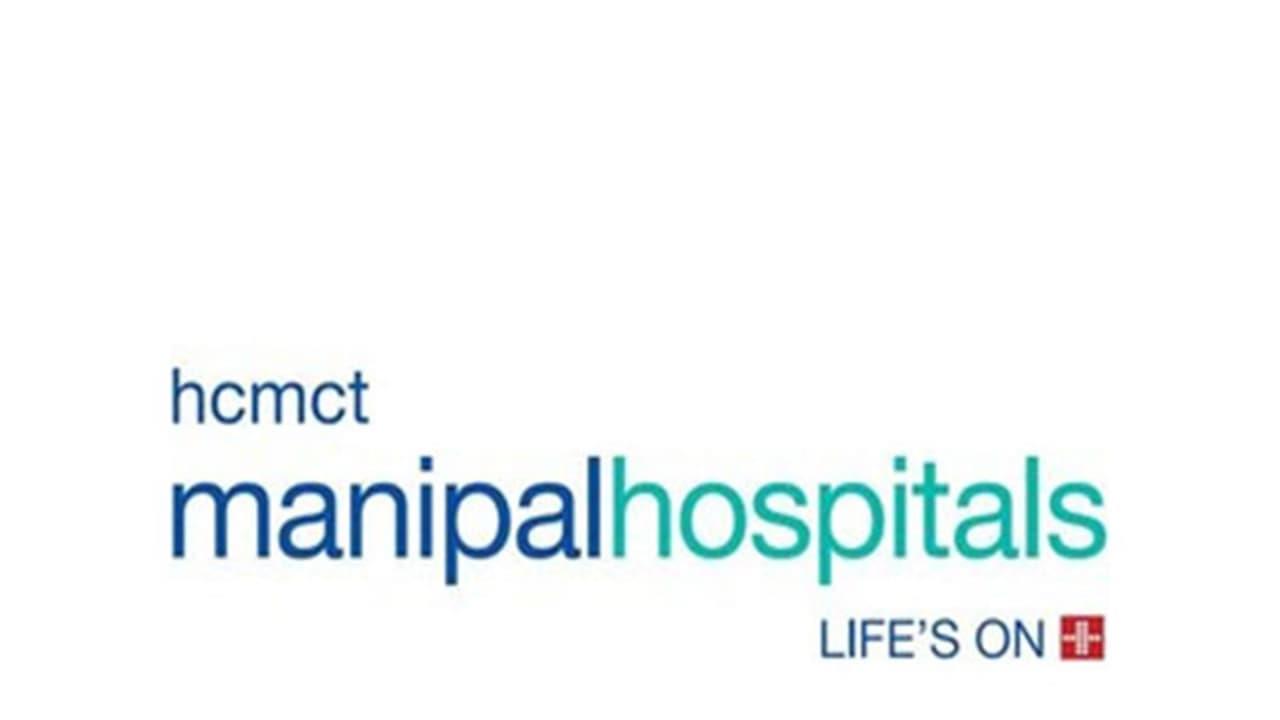
Manipal Hospital's Asia-First Procedure Revives Organs For Transplant
Pioneering Organ Revival Procedure an Asian First
Doctor Shrikanth Srinivasan, Chairman of the Manipal Institute of Critical Care Medicine at HCMCT Manipal Hospital, Dwarka, has led a pioneering medical procedure, the first in Asia, where a deceased patient's organs were revived using a heart-lung machine after death, enabling successful transplantation. According to a release, 55-year-old Geeta Chawla, who had been paralysed due to Motor Neuron Disease, was admitted to Manipal Hospital, Dwarka, on November 5 with breathing difficulties. After her family decided against putting her on life support, she passed away on November 6 at 8:43 pm. Honouring her wish to donate organs, the medical team swiftly initiated a procedure known as Normothermic Regional Perfusion (NRP).
A large team of doctors then swung into action. For the first time in Asia, her circulation was restarted by placing her on an ExtraCorporeal Membrane Oxygenator (ECMO). Restoration of blood flow kept her abdominal organs alive as she was moved to the OT, and transplant teams retrieved her liver and kidneys. The procedure, called Normothermic Regional Perfusion (NRP), kept the organs alive for 4 hours after death, allowing urgent allotment of organs by NOTTO (National Organ and Tissue Transplant Organisation). Her liver was transplanted into a 48-year-old male at ILBS, while the kidneys were transplanted into 63-year-old and 58-year-old males at Max Hospital, Saket. Geeta's corneas and skin were also donated, offering hope and healing to multiple recipients.
Explaining Donation After Circulatory Death (DCD)
Dr. Shrikanth Srinivasan, Chairman, Manipal Institute of Critical Care Medicine, HCMCT Manipal Hospital, Dwarka, said, "Organ donation in India is usually done in a situation of brain death, when the heart is still beating, and blood supply is continuing to the vital organs. In donation after circulatory death (DCD), as the heart has stopped, there is no circulation, and the organs have to be retrieved within minutes. By starting NRP, we were able to not only keep the liver and kidneys alive, but it also gave NOTTO and transplant teams enough time to retrieve, allot and transplant organs."
Expanding Organ Donation in India
Dr (Col) Avnish Seth, Chairman, Manipal Institute of Gastroenterology & Hepato-Biliary-Pancreatic Sciences NCR Cluster, Country Head of Manipal Organ Sharing & Transplant (MOST) and Lead of National Consortium on NRP in India, said, "In 2024, there were 1128 organ donors after brain death in India, which was the 8th highest in the world. We now need to do more and more organ donations after circulatory death. To enable the utilisation of organs in a DCD situation, a National Consortium on NRP was established in 2024. Members of the consortium have worked hard to develop a low-cost hybrid ECMO suited to India. This was the first NRP in Asia, and we restricted the circulation to the abdomen, enabling us to transplant the liver and kidneys. As we develop more expertise and experience in the country, it will be possible to retrieve organs like the pancreas, lungs and even the heart."
The Stark Reality of Organ Shortage
There is a wide gap between the number of patients who need transplants and the number of available organs in India. 1.8 lakh people suffer from kidney failure every year; however, only 13,426 kidney transplants were done in 2023. An estimated 25,000 to 30,000 liver transplants are needed annually in India, but only 4491 were performed in 2023. Similarly, of several thousand who suffer from heart failure, only 221 got a heart transplant. In the case of Corneas, about 25,000 transplants are done every year against a requirement of a lakh. (ANI)
(Except for the headline, this story has not been edited by Asianet Newsable English staff and is published from a syndicated feed.) Legal Disclaimer:
MENAFN provides the
information “as is” without warranty of any kind. We do not accept
any responsibility or liability for the accuracy, content, images,
videos, licenses, completeness, legality, or reliability of the information
contained in this article. If you have any complaints or copyright
issues related to this article, kindly contact the provider above.


















Comments
No comment